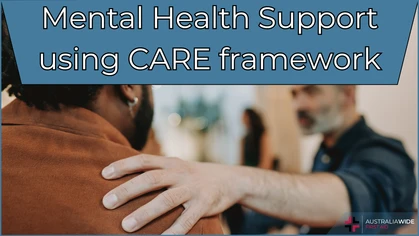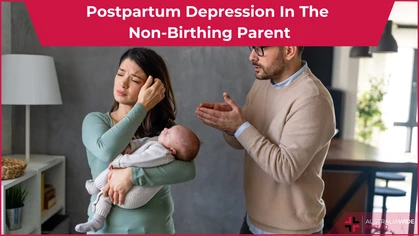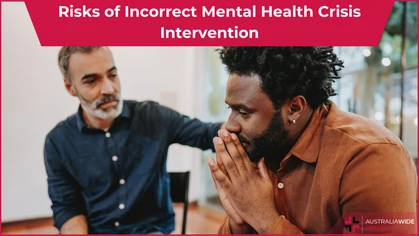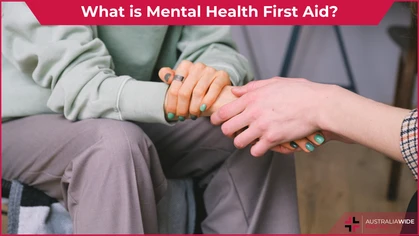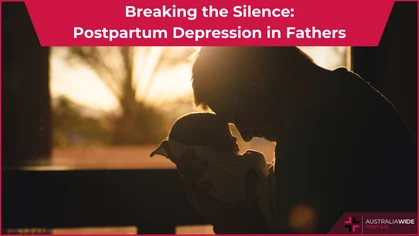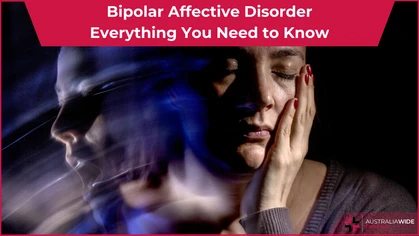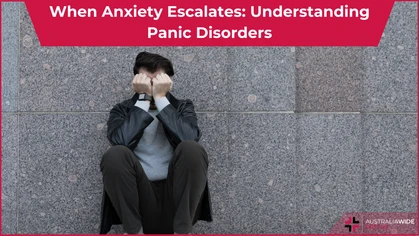Mental Health and Heart Disease: The Connection

Mental Health
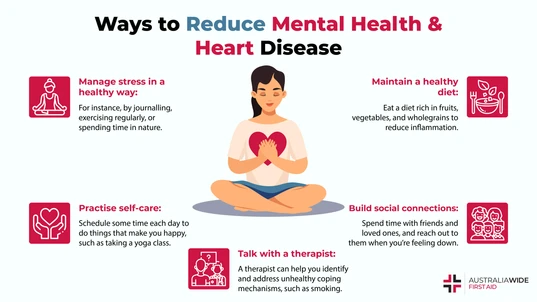
The relationship between mental health and physical health is reciprocal, and it is important to look after both to maintain overall wellbeing. For instance, certain mental health issues can increase the risk factors for heart disease.
Mental health is one of the most important, but often overlooked aspects of our overall health. Just like our physical health, our mental health can be compromised by a variety of factors. In this blog post, we'll explore the connection between mental health and heart disease, and discuss some ways to build mental resilience to help prevent heart disease.How Mental Health Issues Can Cause Heart Disease
Heart disease is the leading cause of death in Australia, with mental health issues playing a significant role in its development. In fact, mental health problems can actually increase the risk of heart disease. One study found that people with anxiety disorders were nearly twice as likely to develop heart disease as those without anxiety disorders. Anxiety disorders cause heart disease more frequently because of the constant state of stress that they induce. This chronic stress leads to a build-up of damaging proteins in the blood vessels, which can eventually lead to heart disease. Depression is another mental health issue that's closely linked to heart disease. Depression can make it difficult to stick to a healthy lifestyle, and can also increase the levels of inflammation in the body. This inflammation is a major risk factor for heart disease. Lifestyle factors of those with stress disorders and depression also play a role in the development of heart disease. People who suffer from mental health issues are more likely to smoke, have poor diets, and be less active. All of these lifestyle choices can lead to an increased risk of heart disease.Ways to Build Mental Resilience
There are a few things that you can do to build mental resilience and help prevent heart disease.- Manage stress in a healthy way: Chronic stress can take a toll on your mental and physical health. It's important to find healthy ways to manage stress. Some effective stress-management techniques include regular exercise, journaling, and spending time in nature. Running is one such exercise that can help you connect with nature.
- Practice self-care: Taking care of yourself is crucial for maintaining good mental health. Make sure to schedule some time each day for activities that make you happy and help you relax. This could be anything from reading a book to taking a yoga class.
- Build social support: Connecting with others is an important part of self-care. Spend time with friends and loved ones, and reach out to them when you're feeling stressed or down. Joining a support group can also be beneficial.
- It's also important to eat a healthy diet, and to make sure that you're getting enough nutrients. A diet rich in fruits, vegetables, whole grains, and healthy fats can help reduce inflammation and improve mental health.
- Taking supplements like omega-3 fatty acids, magnesium, and probiotics can also be helpful for maintaining good mental health.
- A therapist can help you identify unhealthy coping mechanisms and develop healthy ways to deal with stress.
- Making lifestyle changes is a crucial part of managing heart disease. If you have heart disease, or are at risk for developing it, quitting smoking, eating a healthy diet, and getting regular exercise are all important steps to take.

Just as mental health issues can lead to heart disease, heart disease can lead to mental health issues. Heart disease and other chronic illnesses can lead to feelings of stress and hopelessness, thereby triggering depression and anxiety.
How Heart Disease Can Cause Mental Health Issues
Heart disease can also lead to mental health issues. People with heart disease are at an increased risk of developing anxiety and depression. This is likely due to the physical and emotional stress that comes with living with a chronic illness. The symptoms of heart disease can also contribute to mental health problems. For example, chest pain can cause anxiety, and fatigue can lead to depression. The medications used to treat heart disease can also cause mood swings and other mental health issues.Ways to Improve Heart Health
There are a few things that you can do to improve your heart health and reduce your risk of developing heart disease.- Quit smoking: Smoking is one of the leading risk factors for heart disease. If you smoke, quitting is one of the best things that you can do for your heart health.
- Eat a healthy diet: A diet rich in fruits, vegetables, whole grains, and healthy fats can help improve heart health.
- Exercise regularly: Exercise is one of the best things that you can do for your heart. It helps to reduce weight, lower blood pressure, and improve cholesterol levels.
- Manage stress: Stress can take a toll on your mental and physical health. Learning to manage stress in a healthy way is important for maintaining good heart health.
- If you're struggling to make lifestyle changes, or if you're already living with heart disease, it's important to seek help from a professional. A doctor or cardiologist can help you develop a treatment plan and offer support and resources.
First Aid for Mental Health
Remember, you can't put a price on your mental health. Investing in your mental wellbeing is essential for overall health and happiness. First aid courses are a great way to learn how to deal with mental health issues, as well as provide support to those who may be struggling. Visit our website to find a first aid course near you. Mental health problems can also lead to unhealthy behaviours that can contribute to heart disease, such as smoking, binge drinking and overeating. People who are struggling with mental health issues may turn to these unhealthy coping mechanisms in an attempt to numb their feelings of distress or anxiety. It's important to remember that mental health and physical health are interconnected. Taking care of our mental health is just as important as taking care of our physical health. There are many ways to build mental resilience, such as exercise, relaxation techniques, and talking to a therapist or counsellor. If you're concerned about your mental health, or the mental health of someone you love, don't hesitate to reach out for help. In Australia, there are a number of organisations that offer support for mental health issues, such as Beyond Blue and Lifeline. And of course, purchasing a first aid course can give you the skills and knowledge you need to respond to a mental health emergency.Recommended Resources
If you would like to learn more about preventing, identifying, and managing the symptoms of mental health issues, check out the following articles in our Resource Library:Mental Health Support
Education is a powerful tool in fostering a society that truly values mental health. Without it, misconceptions and stigma can cloud our understanding, discouraging people from seeking the support they need. Mental health plays an equally vital role as physical health in overall wellbeing. Early recognition of mental ill-health signs and symptoms can ensure that timely help is provided, potentially averting crises. By completing a Mental Health Support Course , you gain the skills and confidence to identify when someone is struggling and provide meaningful support when it matters most.
Originally published at
https://www.australiawidefirstaid.com.au/resources/mental-health-heart-disease
as part of the Australia Wide First Aid Articles Library

